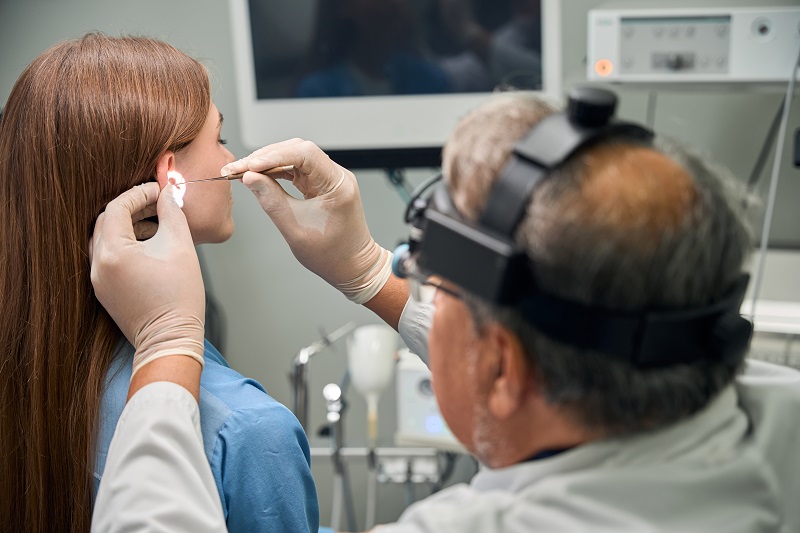 Hearing loss may arise from various potential causes, with aging and heredity being among the most prevalent. As individuals advance in years, they often perceive hearing loss as a natural and inevitable phenomenon. While this perception is accurate in certain instances, it does not universally apply. Consequently, it is crucial to understand the actual reasons for hearing loss and to determine any underlying medical conditions that may affect its type and severity.
Hearing loss may arise from various potential causes, with aging and heredity being among the most prevalent. As individuals advance in years, they often perceive hearing loss as a natural and inevitable phenomenon. While this perception is accurate in certain instances, it does not universally apply. Consequently, it is crucial to understand the actual reasons for hearing loss and to determine any underlying medical conditions that may affect its type and severity.
Medical Conditions That Can Contribute to Hearing Loss
Measles
Measles is a viral infection that predominantly affects children and is characterized by inflammation of the brain, which can lead to neurological damage. This condition may result in either temporary or permanent hearing loss.
Mumps
Mumps is a prevalent infectious disease among children that causes inflammation of the salivary glands, leading to notable swelling of the cheeks. Additionally, this condition poses the risk of damaging the cochlea, a spiral structure located in the inner ear that houses delicate hair cells. These hair cells play a critical role in transforming sound vibrations into nerve impulses, interpreted by the brain as sound. Injury to these cells may result in diminished clarity and reduced auditory volume.
Diabetes
According to research, people with diabetes are more likely to experience hearing loss compared to those without the condition. As hearing loss typically progresses gradually, it may be difficult to recognize its symptoms in the early stages.
Otosclerosis
Otosclerosis is a rare medical condition characterized by conductive hearing loss, which pertains to the middle ear and impairs the mobility of the small bones within this region. This condition is hereditary in nature and exhibits a higher prevalence in women compared to men. The symptoms associated with otosclerosis may include tinnitus, dizziness, and the perception of auditory phenomena such as hissing or roaring sounds.
Ménière’s disease
Ménière’s disease is a disorder of the inner ear that adversely affects both hearing and balance. This condition causes episodes of vertigo, tinnitus (the perception of ringing in the ears), and sensorineural hearing loss. It predominantly affects one ear and can occur at any age.
Acoustic neuroma
This condition involves a non-cancerous tumor that forms on the nerve used for hearing and balance. Although the tumor may start small, it has the potential to grow gradually to a size that poses greater complications. It is important to note that even after surgical removal of the tumor, the patient may experience residual hearing loss.
STDs (Sexually transmitted diseases)
Sexually transmitted diseases have the potential to contribute to hearing loss. Nevertheless, in most instances, timely treatment can manage the underlying problems and prevent the onset of permanent hearing damage.
In addition to various medical conditions, several medications, notably ototoxic drugs such as aspirin, ibuprofen, certain antibiotics, and oncology treatments, are known to potentially injure the structures of the ear, leading to hearing issues. Timely intervention is essential for accurately identifying the cause and addressing it at its source. If you suspect that you are experiencing hearing problems or related symptoms, we encourage you to contact us today to consult with our team of expert audiologists.